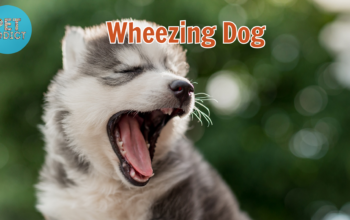Golden Retrievers, often referred to as gold dogs due to their luscious golden coats, are one of the most beloved and popular dog breeds in the world. With their friendly demeanor, intelligence, and gentle nature, they have captured the hearts of millions of dog enthusiasts. In this comprehensive guide, we will delve into the world of golden retrievers, exploring their history, physical characteristics, personality traits, suitability as family dogs, care requirements, training and socialization, common health concerns, and their endearing presence in popular culture.
PetAddict.net – The best place where you can find everything about your pet!
History and Origin

Origins in Scotland
The history of golden retrievers traces back to the Scottish Highlands during the 19th century. They were initially developed to be skilled retrievers for waterfowl and game birds during hunting expeditions. Their ancestors include the now-extinct yellow retriever, water spaniels, and the Newfoundland breed.
Development of the Breed
The breed’s development is credited to Lord Tweedmouth, who crossed a yellow retriever named Nous with a Tweed Water Spaniel named Belle. This selective breeding laid the foundation for the golden retriever we know and love today. The breed was later refined through further crosses with Irish Setters and more yellow retrievers.
Physical Characteristics

Size and Build
Golden Retrievers are medium to large-sized dogs, with males typically standing between 23 to 24 inches tall at the shoulder, and females slightly shorter at 21.5 to 22.5 inches. They have a well-balanced and sturdy build, making them agile and efficient hunters in their early years.
Signature Golden Coat
One of the most distinct features of golden retrievers is their beautiful double coat. Their outer coat is water-resistant and consists of dense, wavy, or straight fur, while the undercoat provides insulation from varying weather conditions.
Expressive Eyes and Friendly Expression
Golden Retrievers are known for their expressive, friendly eyes, which are typically dark brown or hazel. Their eyes are often described as soulful and convey their affectionate nature.
Personality Traits
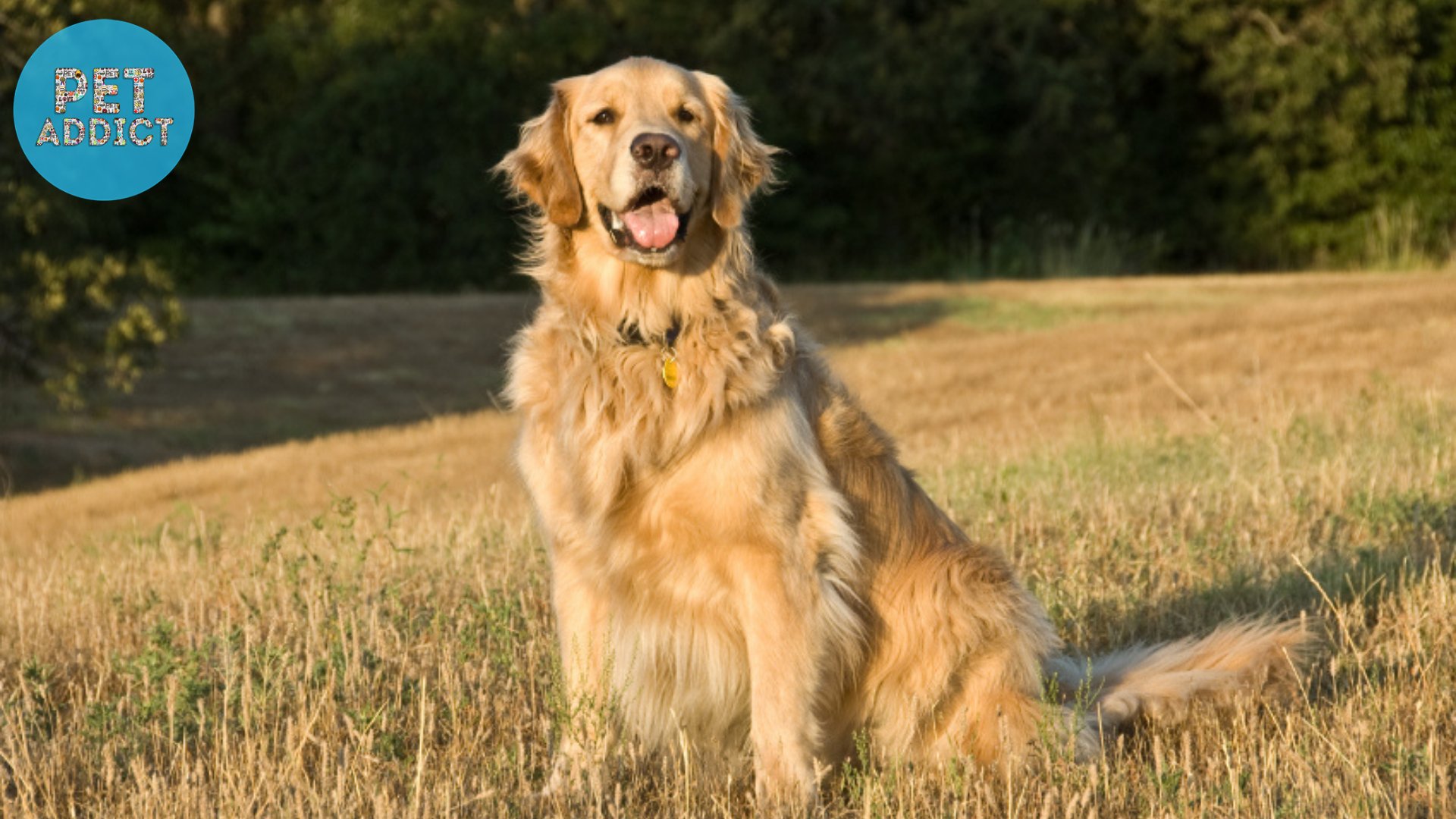
Friendly and Gentle Nature
Golden Retrievers are renowned for their friendly and gentle nature, making them excellent family pets and therapy dogs. They are affectionate and thrive on human companionship, making them natural members of the family unit.
Intelligence and Trainability
Golden Retrievers rank high in intelligence among dog breeds, which contributes to their trainability and versatility. They are quick learners and excel in various roles, from service and therapy dogs to search and rescue operations.
Eager to Please and Affectionate
One of the endearing qualities of golden retrievers is their eagerness to please their owners. They are highly affectionate and enjoy cuddling and spending quality time with their human family members.
Golden Retrievers as Family Dogs
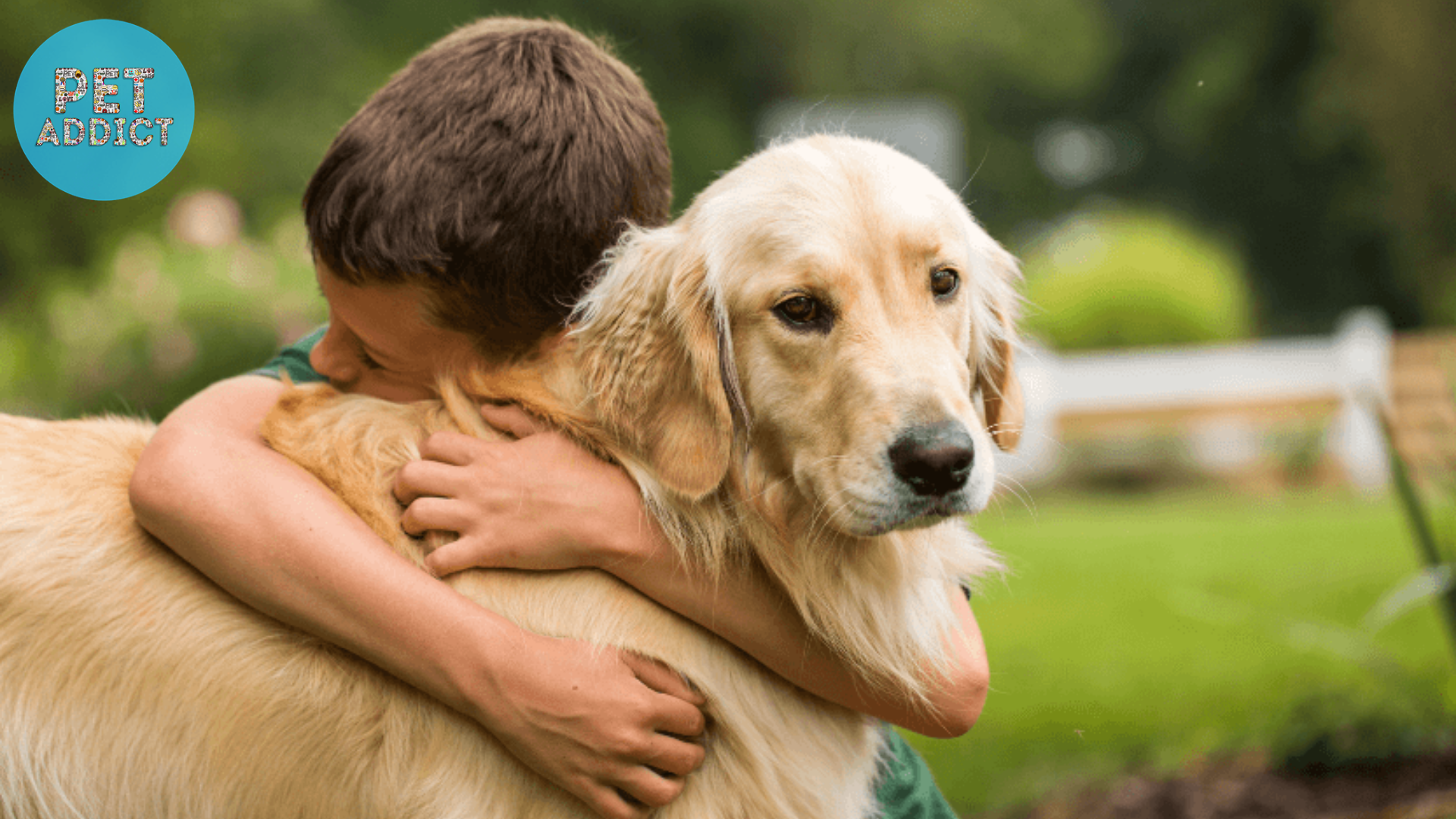
Great with Children and Other Pets
Golden Retrievers are known for their patience and tolerance, making them ideal companions for families with children. They are gentle and playful, forming strong bonds with children and being protective of them.
Natural Guardians and Watchdogs
Despite their friendly demeanor, golden retrievers have a natural instinct to protect their loved ones. While they may not be aggressive guard dogs, their presence alone can act as a deterrent to potential intruders.
Social and Playful Companions
Golden Retrievers are social dogs that get along well with other pets and animals. Their friendly and playful nature makes them popular among other dogs and animals in the neighborhood.
Caring for Golden Retrievers
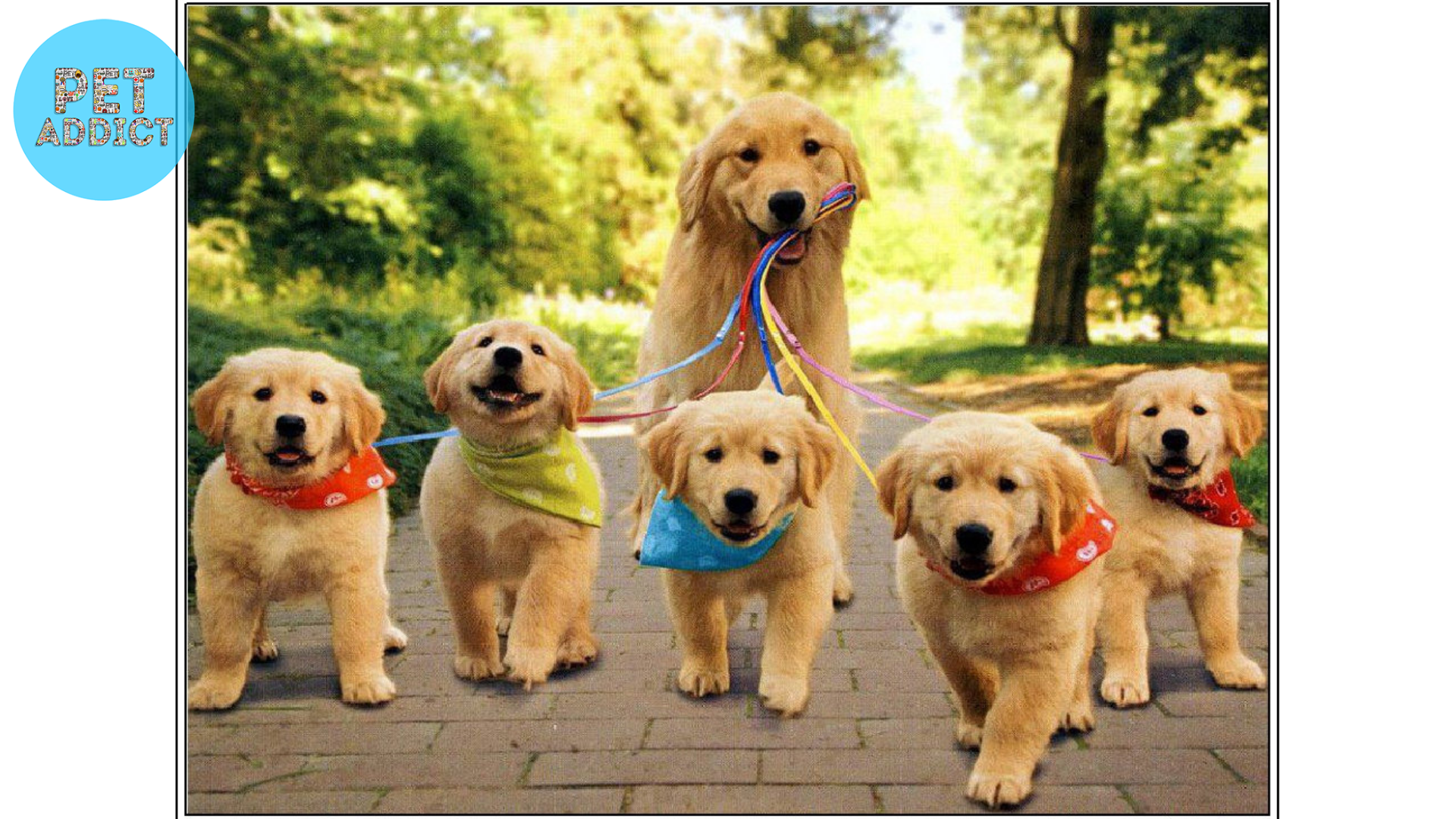
Grooming Needs
Maintaining the golden retriever’s beautiful coat requires regular grooming. Brushing their fur several times a week helps to remove loose hair and prevent mats. Frequent baths are not necessary unless the dog gets especially dirty.
Exercise Requirements
Golden Retrievers are active dogs that require regular exercise to keep them mentally and physically stimulated. Daily walks, playtime, and engaging activities are essential to prevent boredom and ensure a happy and healthy pet.
Nutrition and Health Considerations
Feeding a balanced and nutritious diet is vital to the health and well-being of golden retrievers. High-quality dog food that suits their age, size, and activity level should be provided. Additionally, regular veterinary check-ups are essential to monitor their health and catch any potential health issues early on.
Training and Socialization
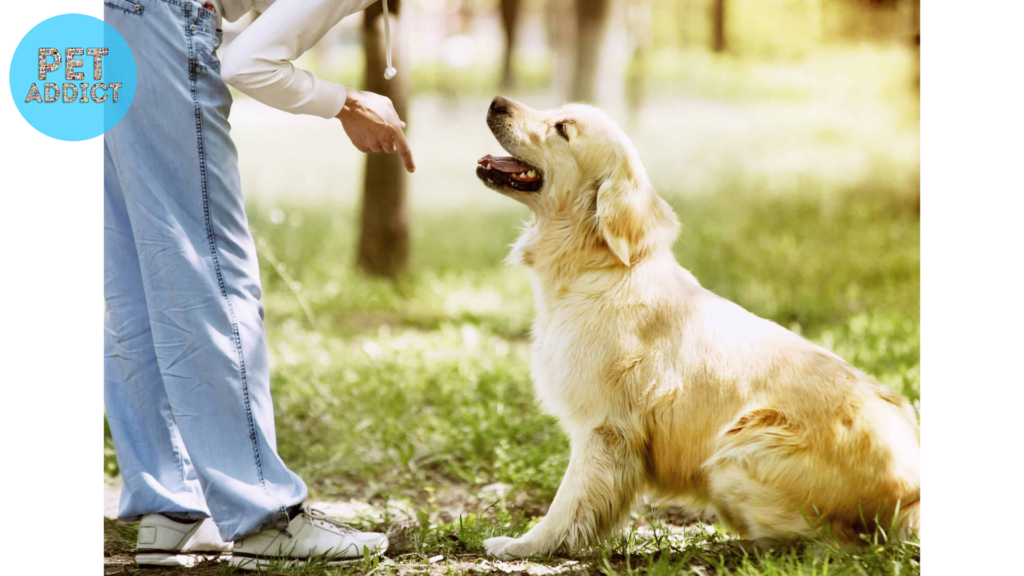
Positive Reinforcement Training
Golden Retrievers respond well to positive reinforcement training methods, where praise, treats, and rewards are used to encourage desired behaviors. Consistent and patient training is key to raising a well-behaved and obedient dog.
Early Socialization for Well-Adjusted Dogs
Early socialization is crucial to ensure golden retrievers grow up to be well-adjusted and confident dogs. Exposing them to various people, animals, sounds, and environments during their puppyhood helps them develop a calm and friendly disposition.
Advanced Training for Specific Roles
Given their intelligence and trainability, many golden retrievers excel in advanced training for specific roles such as therapy work, assistance dogs for people with disabilities, and search and rescue operations. Their reliability and calm demeanor make them highly suitable for these tasks.
Common Health Concerns
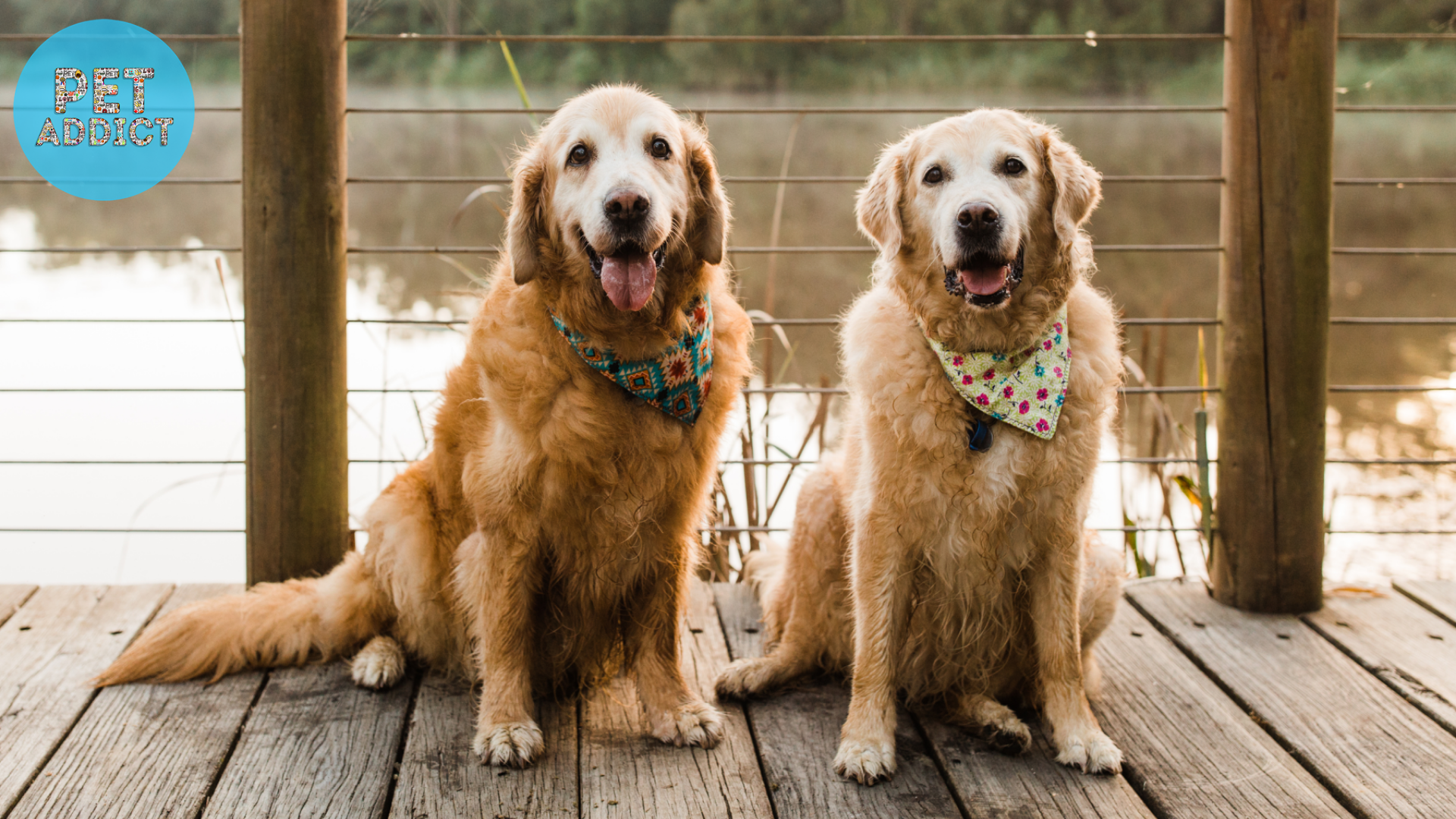
Hip Dysplasia
Golden Retrievers are prone to hip dysplasia, a genetic condition where the hip joint doesn’t develop properly, leading to pain and mobility issues. Regular exercise and maintaining a healthy weight can help manage this condition.
Elbow Dysplasia
Elbow dysplasia is another common orthopedic issue in golden retrievers, affecting the elbow joint’s development and causing pain and lameness. Early detection and proper management can alleviate symptoms.
Eye Conditions
Golden Retrievers are at risk of developing certain eye conditions, such as cataracts and progressive retinal atrophy (PRA). Regular eye examinations are crucial to monitor their eye health.
Heart Conditions
Some golden retrievers may be prone to heart conditions, such as dilated cardiomyopathy (DCM). Routine veterinary check-ups can help detect any potential heart issues early on.
Golden Retrievers in Popular Culture

Famous Golden Retrievers in Movies and TV
Golden Retrievers have made their mark in popular culture, with many memorable appearances in movies and television shows. Iconic golden retrievers like Buddy from the movie “Air Bud” and Comet from the TV show “Full House” have captured the hearts of audiences worldwide.
Golden Retrievers as Service Dogs and Therapy Dogs
Due to their friendly and gentle nature, golden retrievers excel as service dogs and therapy dogs. They are often used in hospitals, nursing homes, and schools to provide emotional support and comfort to those in need.
Conclusion
In conclusion, golden retrievers, affectionately known as gold dogs, are truly one of the most endearing and versatile dog breeds. Their friendly and gentle nature, combined with their intelligence and trainability, makes them exceptional companions and working dogs. As a cherished member of the family, the golden retriever’s loving and loyal disposition brings joy and happiness to the lives of countless people worldwide. With proper care, training, and attention to their health needs, golden retrievers can enjoy a fulfilling and happy life alongside their human families for many years to come. Whether as a beloved family pet, a therapy dog, or a loyal service companion, the golden retriever’s golden heart shines brightly, leaving an indelible mark on the lives of those they touch.




